Whitehall disaster planners feared that any radioactive fallout from a blast would travel the 1,700 miles to Britain.
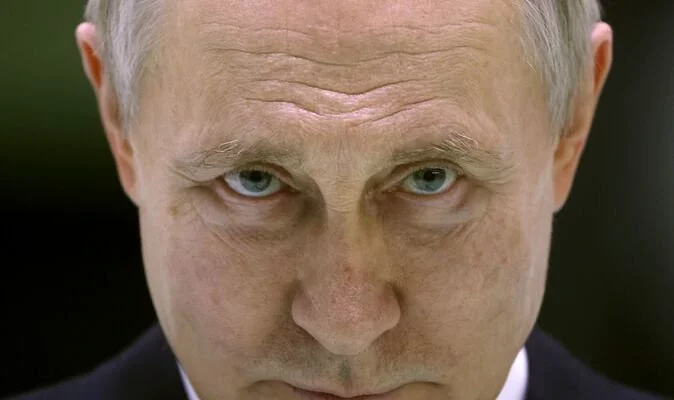
Vladimir Putin was reportedly on the brink of launching a nuclear attack on Ukraine in October 2022, sparking urgent crisis meetings in the UK over fears of fallout reaching Britain.
The then-Prime Minister Liz Truss and her government spent her final days in office studying weather maps and preparing for the possible spread of radioactive material across Europe.
According to intelligence gathered by the US, there was a 50 percent chance that Russia could deploy a tactical nuclear weapon on the Ukrainian battlefield or test a larger bomb over the Black Sea, The Sun reports.
Whitehall disaster planners feared that, depending on wind patterns, any radioactive fallout from a blast would travel the 1,700 miles to Britain.
Reports reveal that Truss spent hours examining satellite data and wind directions, concerned that adverse weather could push the radiation towards the UK.
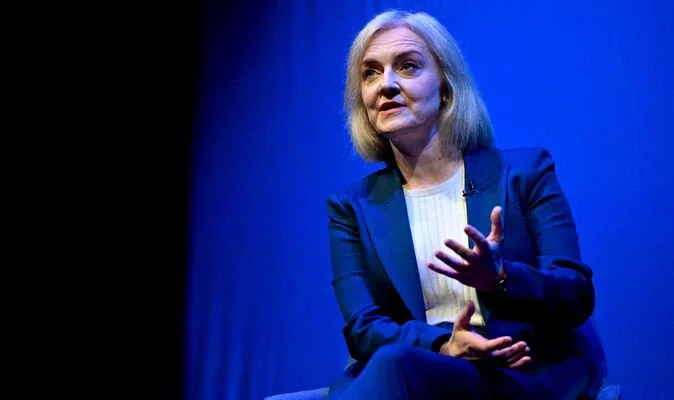
A new biography on the former PM, Out of the Blue, details how closely the government monitored the threat in the final days of her time as Prime Minister.
At the same time, the then-Defence Secretary, Ben Wallace, flew to Washington on October 18, 2022, to discuss the crisis with US officials.
In October, President Joe Biden had also warned of a "direct threat" of nuclear escalation from Russia, comparing the situation to the 1962 Cuban Missile Crisis.
The reports come amid questions about Donald Trump's stance on Ukraine following his victory in the US Presidential Election.
While Trump had criticised the high costs of the war, previously calling President Zelensky "the greatest salesman who ever lived," Defence Secretary John Healey insisted that Trump "recognises that countries get security through strength" and expressed confidence that the US would continue to back Ukraine.
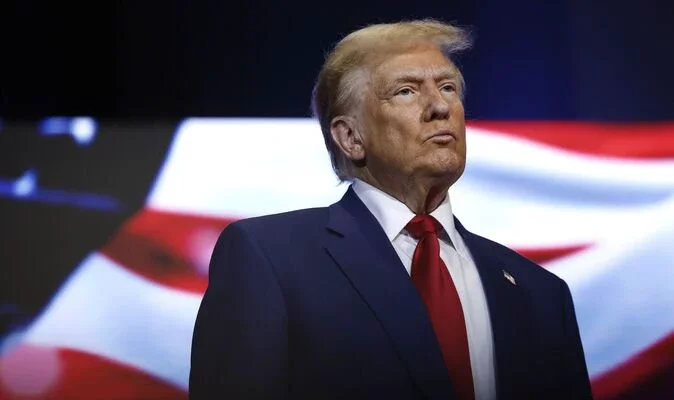
Healey also stated that the UK is ramping up its support for Ukraine, with separate claims that Sir Keir Starmer is considering allowing Kyiv to use Storm Shadow missiles for strikes inside Russia.
He told BBC Radio 4's Today: "In general terms, we're ready to respond to Ukrainian needs. We're looking to and we are stepping up support for Ukraine. We recognise the pressure that they're under at the moment and the risks of recent Russian escalation."
In recent days, Healey has also worked hard to reassure Ukraine that Trump's presidency will not mean a shift in US support for Ukraine or NATO.
He told Sky News that Britain and the US remain "two of the leading countries standing by Ukraine" and that "the US support for NATO has remained strong even during Trump's previous administration".
While Trump's allies have suggested the war could end by Ukraine ceding some territory to Russia, Healey claimed that any decision on negotiations would be up to Ukraine.
He added: "If they decide to talk, our job is to support them."
Healey also expressed confidence in Trump's continued commitment to NATO, stressing that the alliance has been a "decades-long pillar" of US foreign policy.

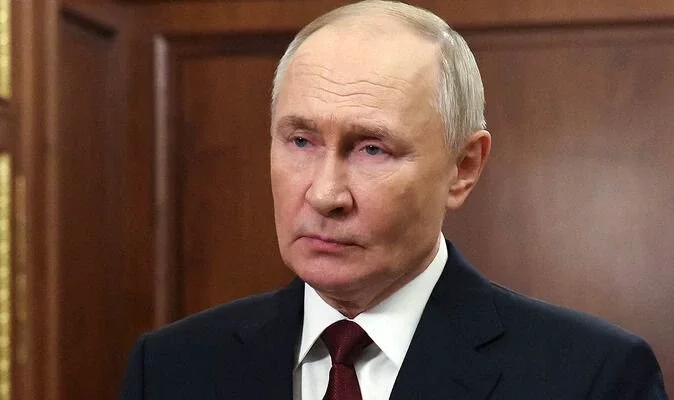
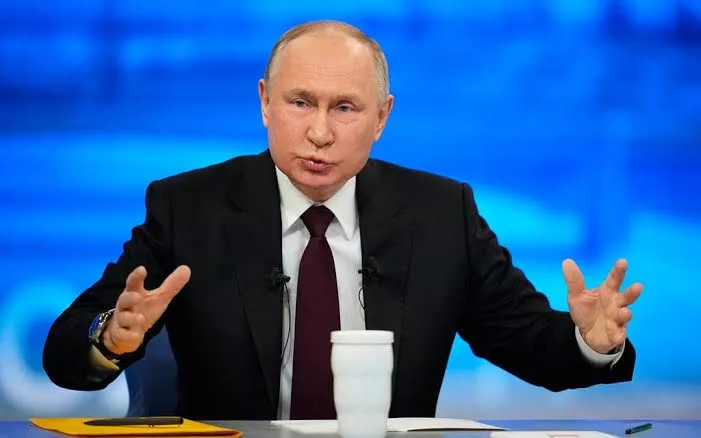
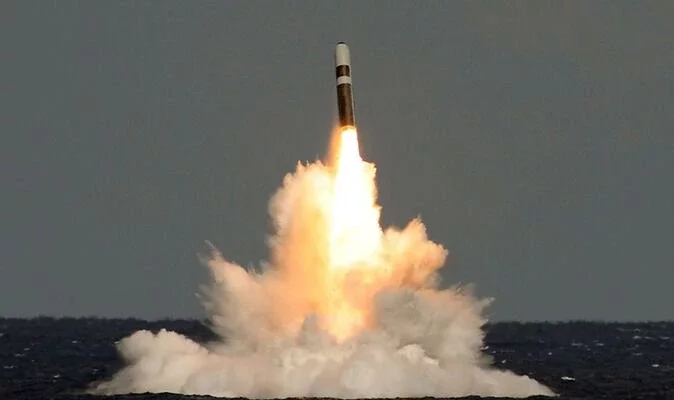
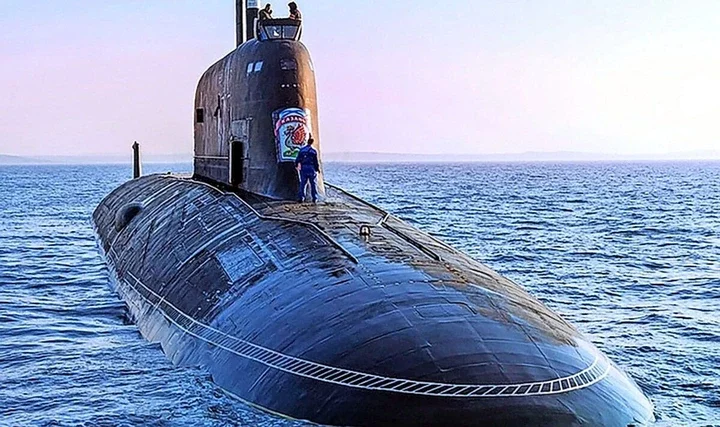
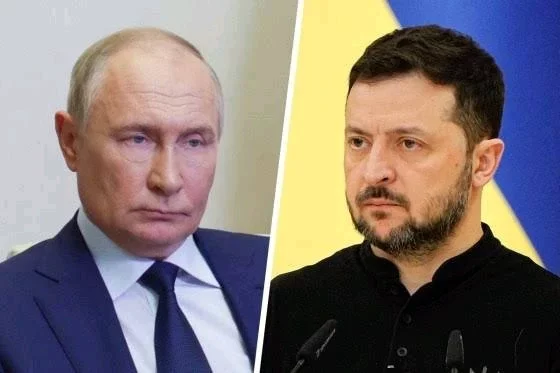
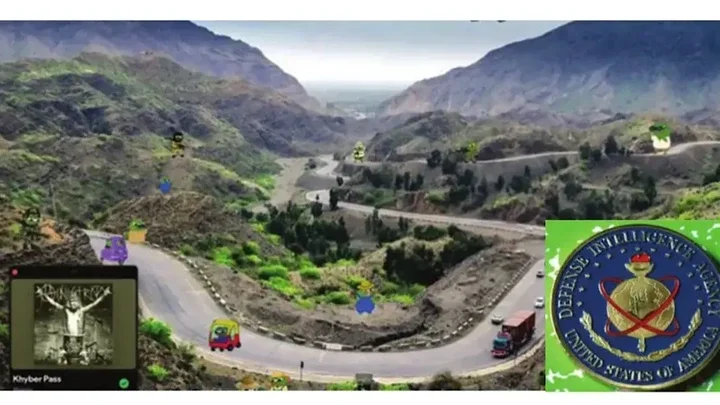

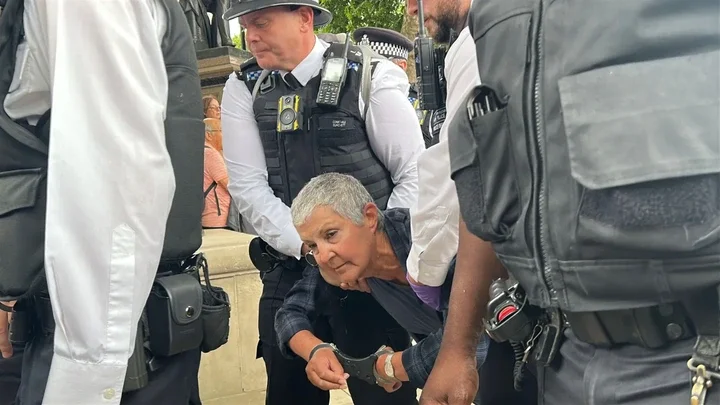



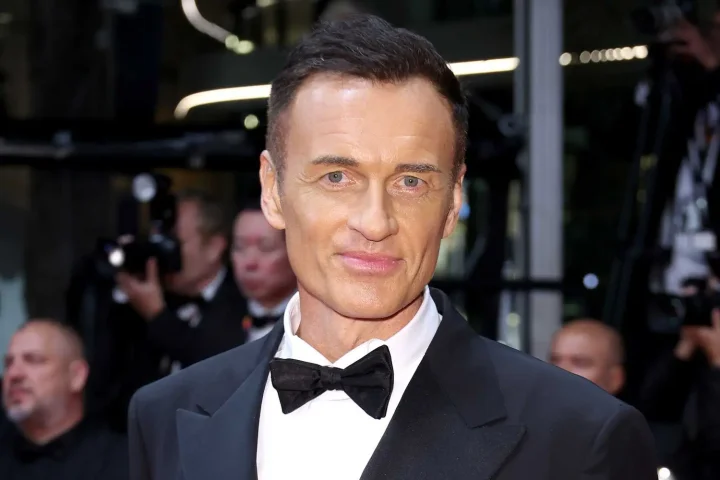


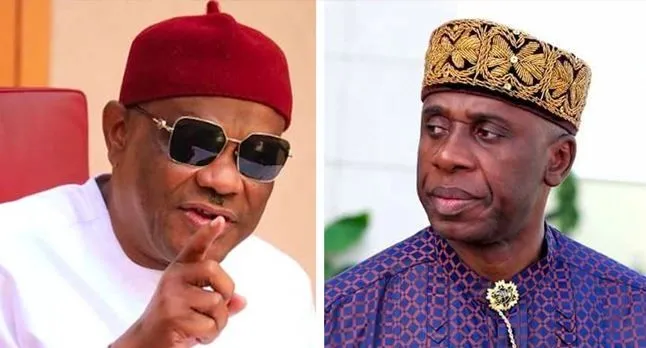


Comments